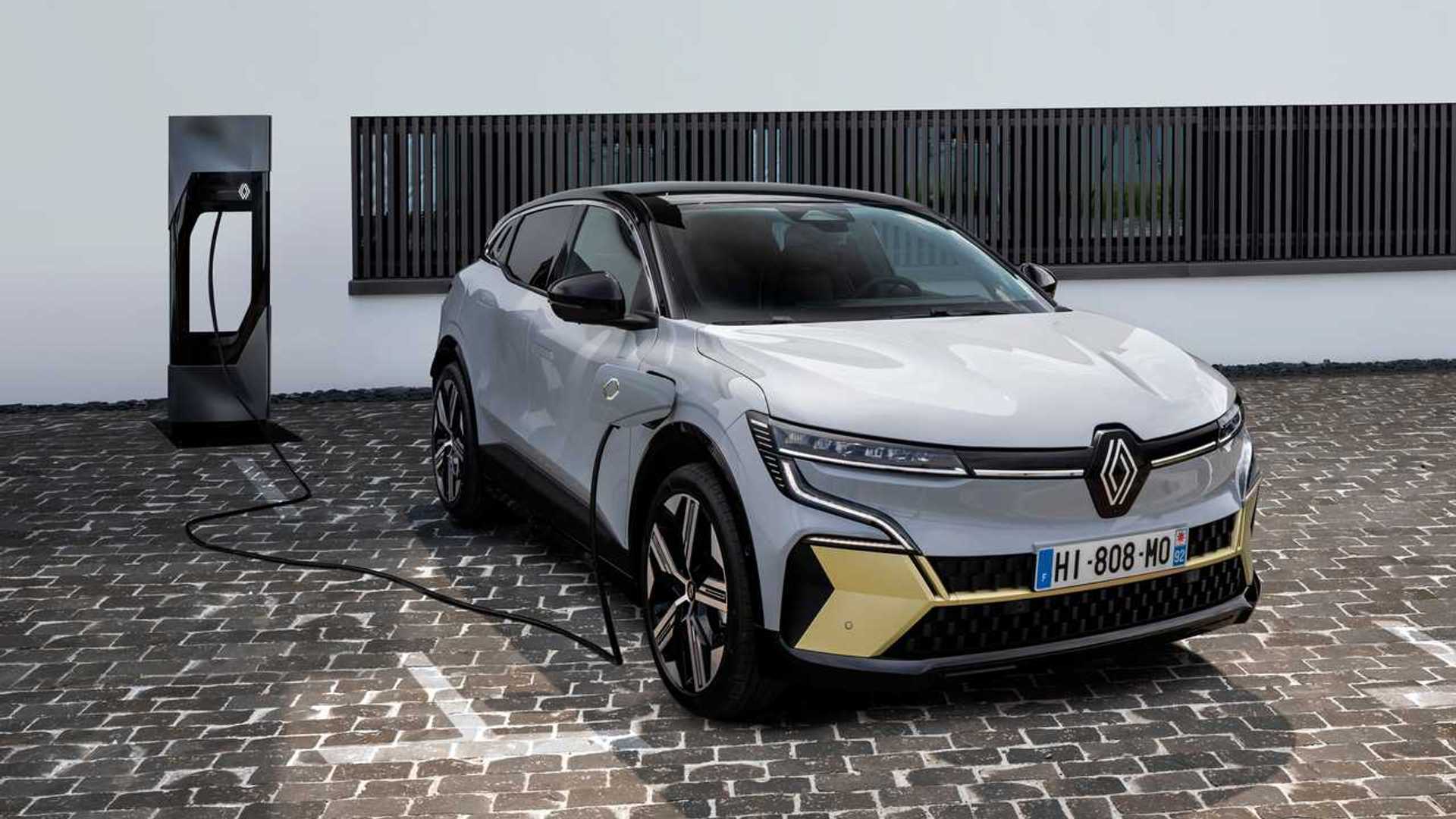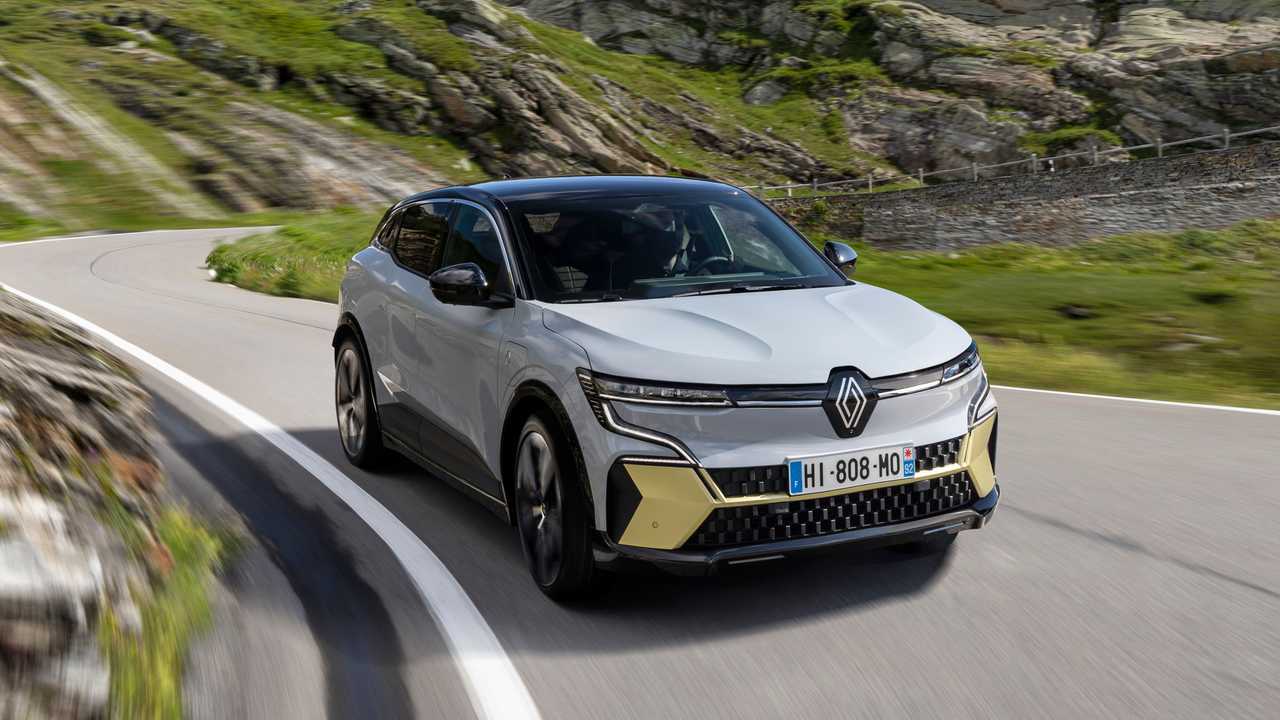
Don’t stop investing in ICEs, Luca de Meo says.
Although the European Commission would like to ban all new cars with hybrid, gasoline and diesel engines by 2035, many experts in the industry think this is too aggressive. Some, like Renault’s boss Luca de Meo, even believe this could have a negative effect on the environment.
De Meo stated that moving too quickly to fully electric personal mobility is not the way to save the world. Although it may seem confusing, de Meo, the French company’s top man, stated that focusing all your resources on EV technologies would reduce investments in fossil-burning engine, which could lead to more pollution.
De Meo stated, “The first thing that I want to mention is that Renault is clearly very committed to EVs.” “We began very early here and we still believe that EVs and hydrogen can be a viable solution for some applications. However, if you examine the data, it is clear that sales of combustion engines – even hybrids – have not reached their peak. There are many challenges that must be taken into account, from societal, financial and ecological perspectives.

De Meo isn’t the only industry executive to express his concern that electric cars could be too quickly switched over, as it could cause harm to the environment and society. Recently, Herbert Diess, CEO Volkswagen Group, said that it was probably too soon
It is important for the industry to switch entirely to electric power. During the summit, he spoke out saying that while the demand for electric vehicles is likely to exist, the infrastructure necessary to support them manufacturing and operating is still not in place.
Oliver Zipse, CEO of BMW Group, is not a supporter of banning internal combustion engines. He stated last year that reducing ICE sales too quickly would harm BMW and other German automakers, and not “help the environment or anyone else”. De Meo also pointed out that while the summit was about the price parity of EVs and fossil-powered vehicles, it was likely to be around 2025. However, this could change due to “raw material inflation.”